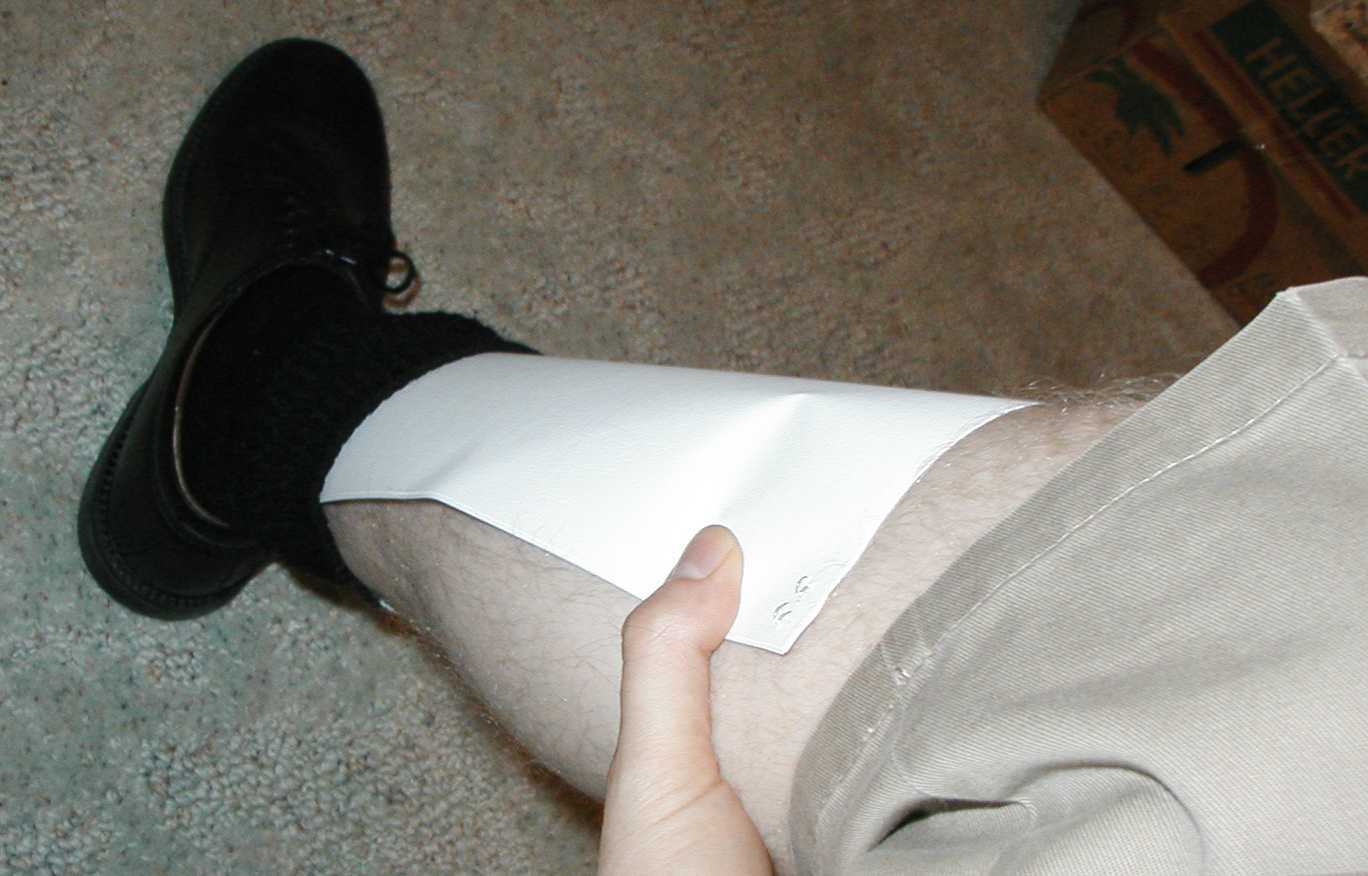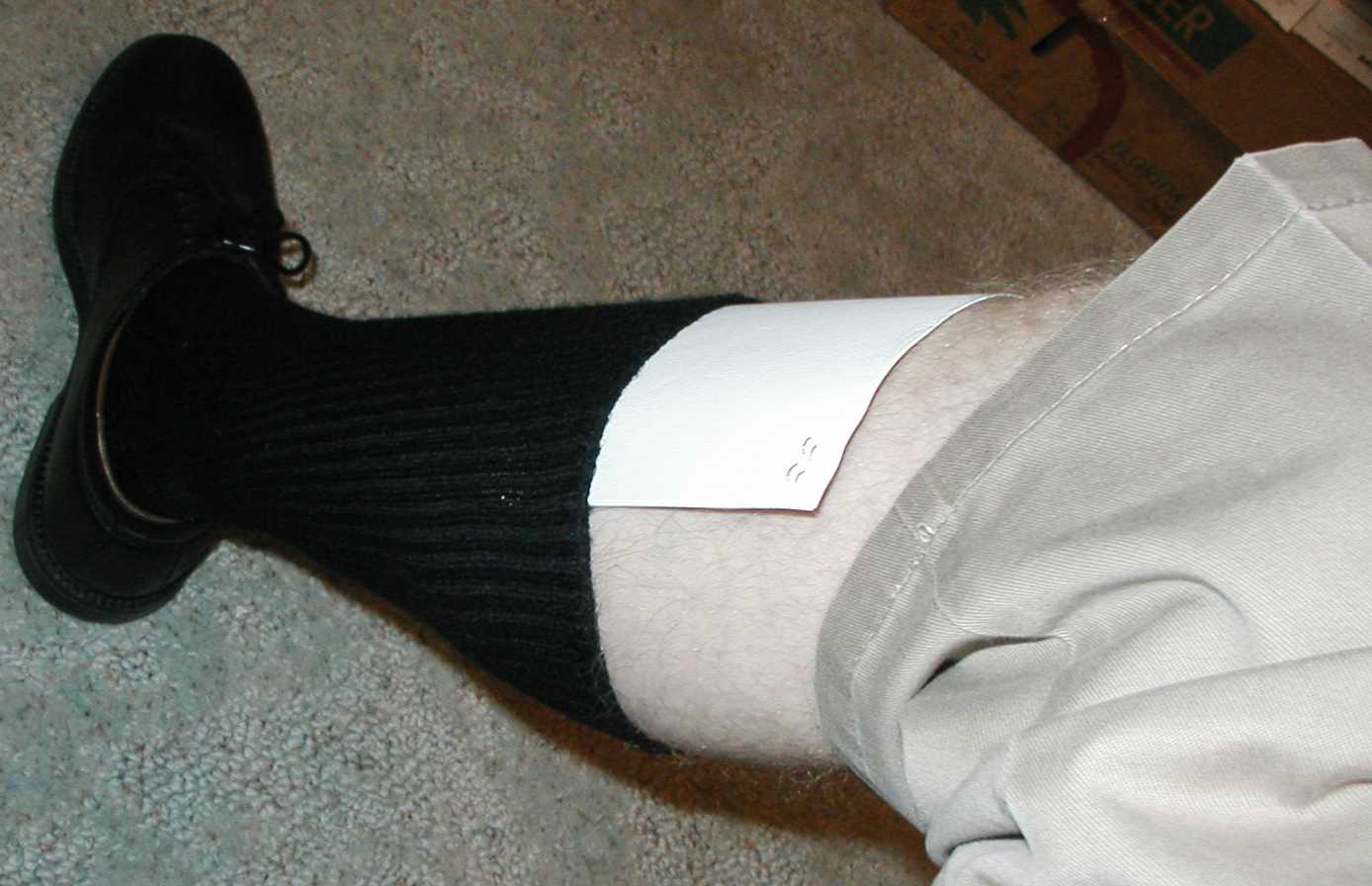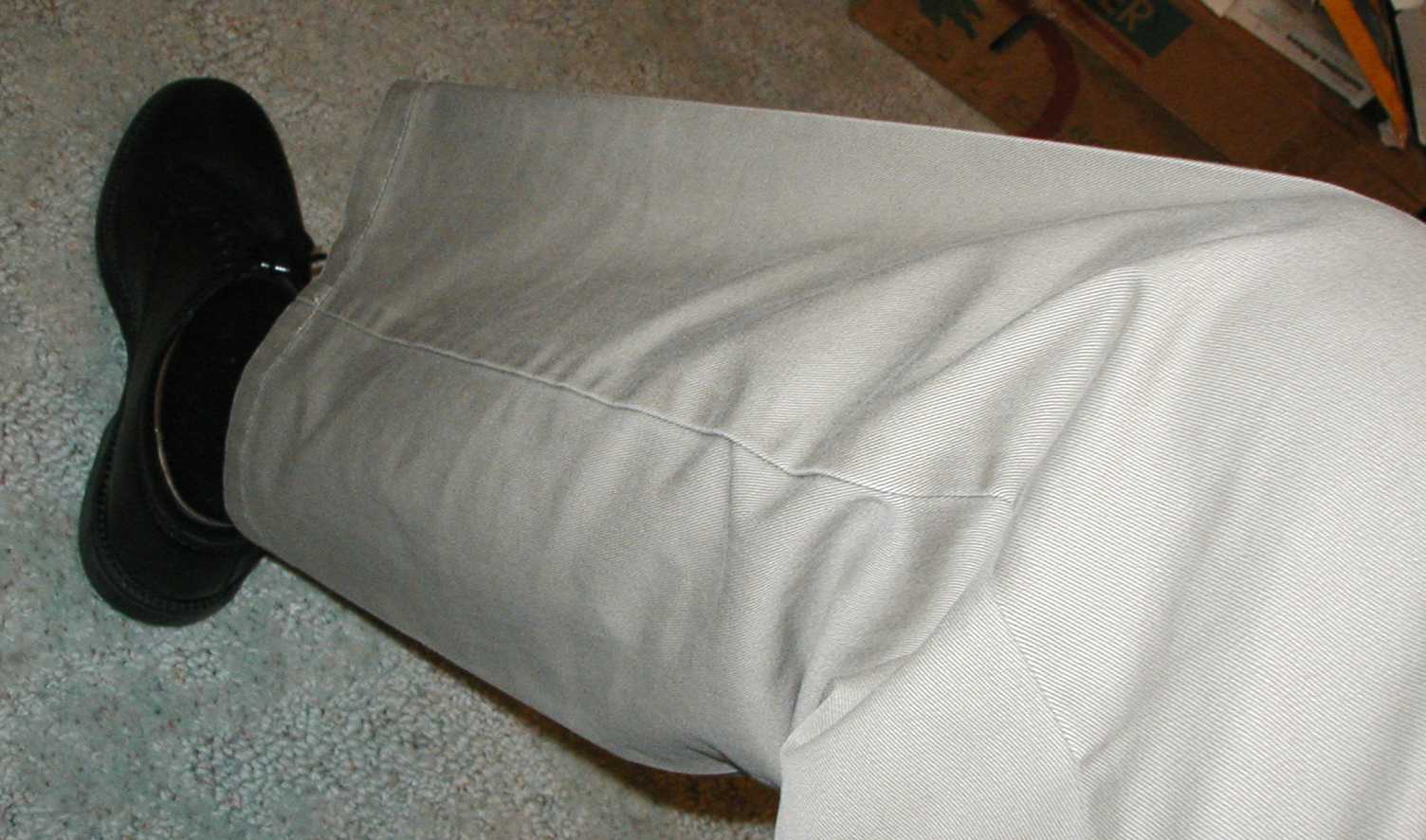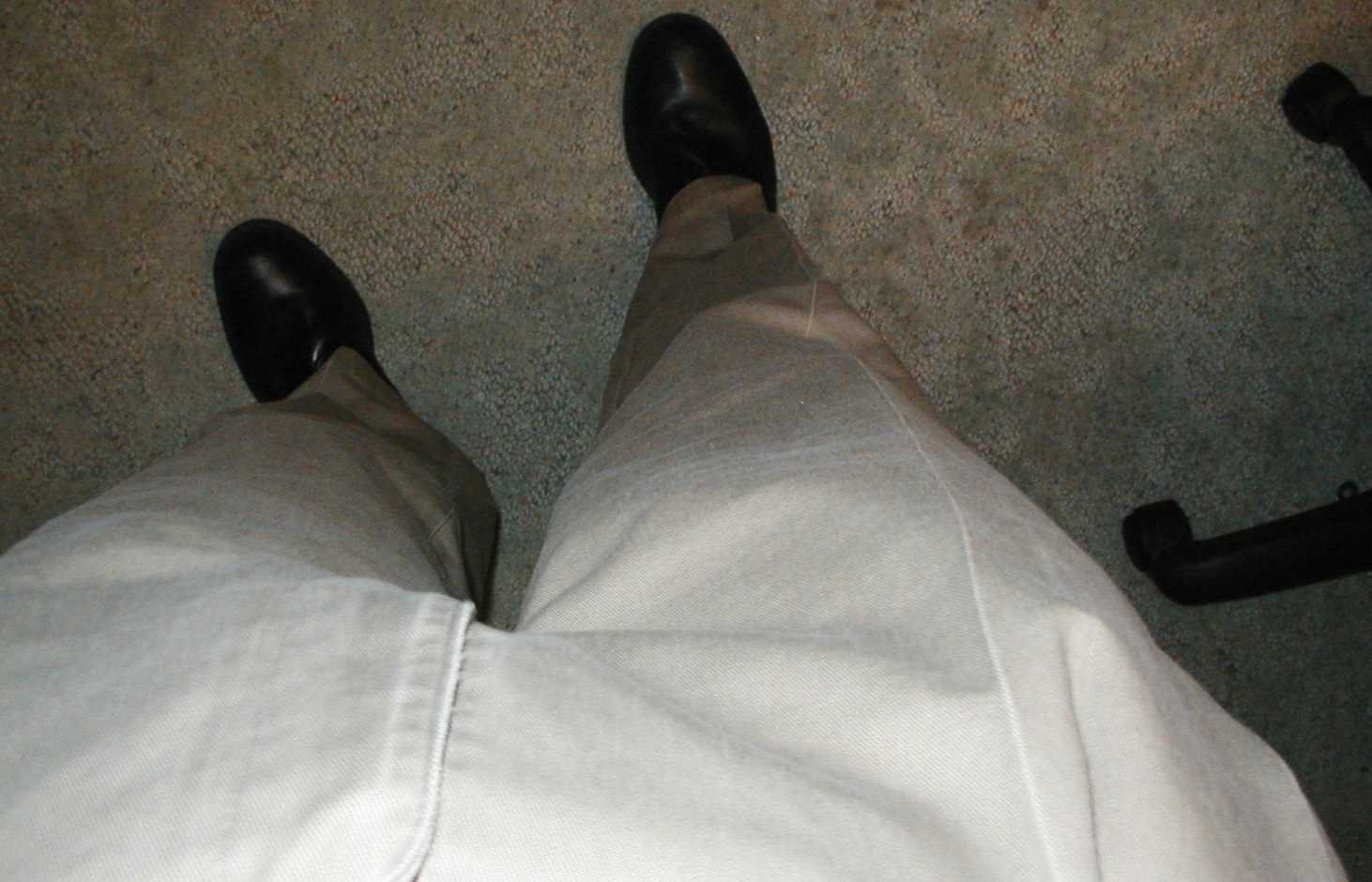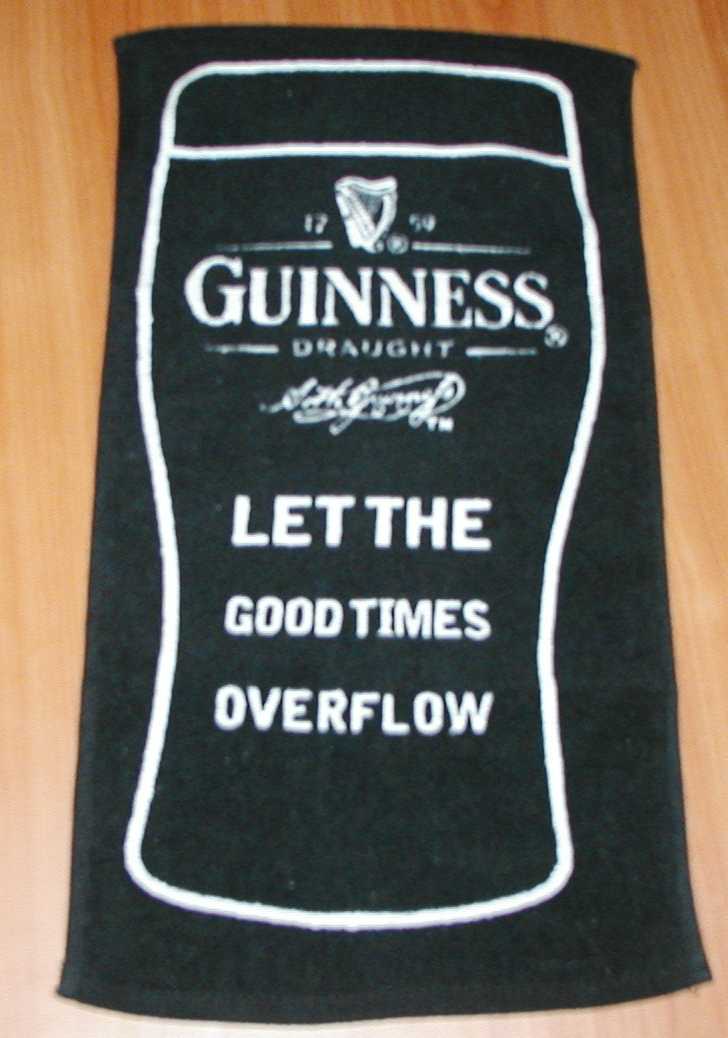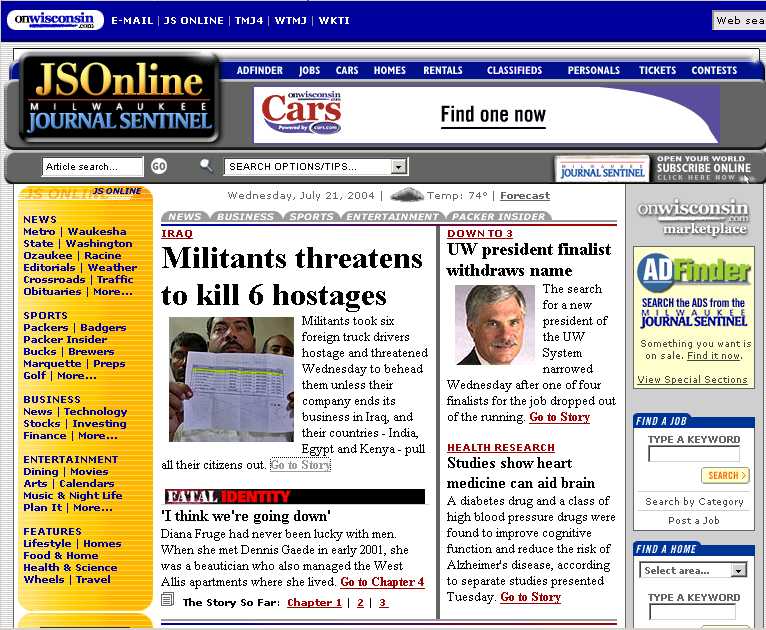I bought this book at Hooked on Books in Springfield, Missouri, for a less than a buck. As it’s a frank discussion of race, I have to wonder how this book came to Springfield, Missouri. After reading it, though, I understand why it was $.33. More on that by and by.
I started reading the book with as open of a mind as I can, considering I am the blue-eyed devil (with actual blue eyes, no less). The book cover depicts McCall (I presume) with a hard look on his face. The introduction and first chapters indicate that McCall’s taking the angry approach to the discussion, but I didn’t write it off as a matter of course. McCall came from a tough background, including some prison time for armed robbery, but I don’t discount that out of hand; I’m just a white boy from the city projects myself, and I realize that but for some accidents of fate (not necessarily my whiteness, for I’ve known enough white people who’ve done less than admirable and often prosecutable things) I could have charted a different path.
So I gave McCall a fair enough reading throughout the first section, subtitled “Mixed Messages”. This section includes chapters “The Revolution Is About Basketball”, “Airing Dirty Laundry” (which I read despite an italicized plea for white people to skip it), “Men: We Just Don’t Get It”, and “Gangstas, Guns, and Shoot-‘Em-Ups”. Throughout this section, McCall espouses a sort of personal responsibility message, that blacks (abstracted to all people in my hopeful reading) should take personal responsibility and better their situations as best they can, regardless of the circumstances. Of course, I want to learn something from a book that’s not necessarily describing my life’s experiences, and apply the lessons of others to my worldview. Regardless of the author’s intent.
But the first section of the next chapter really set the tone for the remainder of the book. The next section, “American Dream”, begins with a chapter entitled “Father of Our Country” which posits that the founding fathers were hypocrites because Washington fathered children with one or more slaves who cannot now join the clubs formented around his progeny or something like that. I can’t argue one way or another whether these people have a case or not or whether it’s true; however, McCall doesn’t present a compelling case, either. His arguments come down to two:
- The alleged descendents have an oral history that says it’s true.
- All slave owners boinked their slaves, often without consent of the boinked.
Oral history? The Greeks had a oral history that actual dieties intervened in their wars. The Anglo-Saxons had an oral history that indicated that Beowulf slew a monster and its mother, the latter in its lair in the bottom of a lake. Oral histories prove only that people have been saying things. As for every single slaveowners boinking their slaves, undoubtedly for free extra slaves, all is an awful big number, and it’s refuted by one did not. Although I don’t have a single instance to refute the point, I can more easily accept one did not than all did. But this chapter’s only Fonzie revving the motorcycle before he goes over the tank.
The next chapter, “Old Town: The Negro Problem Revisited”, examines the gentrification of a black neighborhood in Virginia. Apparently, Old Town lies on a waterway, which is always a target for revitalization, from the Landing in St. Louis to the Riverwalk in Milwaukee. When McCall talks about the iniquities of eminent domain, I am with him. Frequent readers know how I feel about that. But McCall also charges some racial superiority issues when whites knock on homeowners’ doors and make offers for the homes. McCall thinks this is whitey talking down to the “poor” black folk; I see it as people making offers in the market, where both are free to choose what offers to make or accept. But I’m not as tribalist as McCall, who’s all about defending black ownership in a downtrodden area, even if that means the area has to remain downtrodden. I like revitalization, and I don’t mind it if it’s done without the power of the government.
This chapter, though, contained the passage that turned me from an “Oh, Please,” reader to a “Fuck You” reader:
I am reminded of an incident that happened several years ago at a Shoney’s restaurant in North Carolina. While heading to the salade bar, I heard a commotion. When I moved closer, I saw a thirtyish black man yelling at a scruffy white guy. It seems that the white man had shoved an elderly black man, who was standing in lin in front of him. The younger black, seeing the insult, intervened in his elder’s behalf. I got there just in time to hear the redneck angrily justify his rudeness. “He was in my way!” he snarled, pointing at the old man.
The white man’s audacity infuriated the brother. Stepping closer, he shouted, “He was in your way? Your way? Motherfucka, you ain’t got no way!”
The old man seemed embarrassed by it all. He stood quietly, watching the tension between the two young hotheads escalate. At some point, the brother stepped even closer to the white man–he got to within an inch of his noes, daring him to make a move. And as he did that, I instinctively slipped behind the redneck, readying my plate, which I fully intended to crash upside his head. [Emphasis mine.]
I didn’t know the old black man any more than I knew the brother defending him–we were all strangers. But I was fairly certain we shared some common experiences: If they live long enough, most blacks experience being deemed a problem because some white person or persons decide that we’re in their way.
That realization was enough to make that brother and me want to take out the wrath of slavery on that redneck–not only for hassling the elderly black but for all the Old Towns, where black life is disrupted or vanquished to accommodate white folks’ fancies, for all the times white America has said to blacks, Step aside. You’re in my way.
This is a Washington Post reporter explaining, even justifying racial violence. He was going to sucker this “redneck” to avenge slavery. He didn’t see how the incident started, but he’s ready to bust whitey over the head.
Never mind what else I have to say about this book. I finished it, but with less credulity than before. I cannot speak for all black experience, but neither can McCall. Our country is too large and the experiences of its people too diverse to base any all on something as simple as skin color. But McCall’s obviously got some issues. He throws out racial epithets like cracker and regional epithets like redneck to bolster his points, or to keep his voice and speech “real.”
I’m probably harsher on the book because when the book started, I thought the author and I shared different life experiences, we shared similar beliefs in personal responsibility. The reality of the author’s viewpoint crashed on me like Shoney’s china, though, and I realized that the author thinks I am to blame for the ills which befall his perceptions of the world. Defensive? You bet I am, but he was offensive first.







